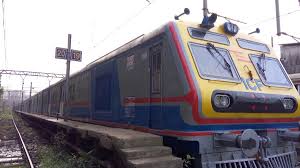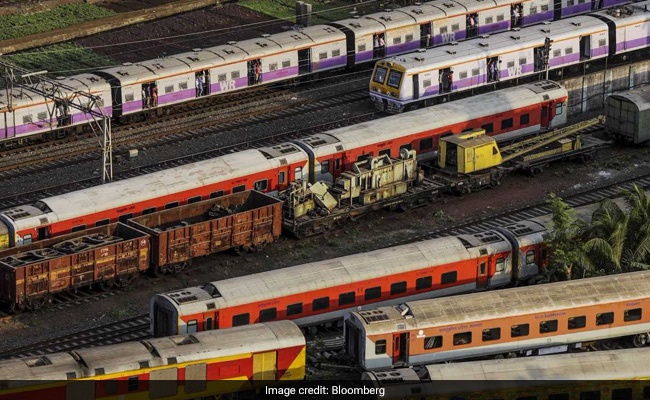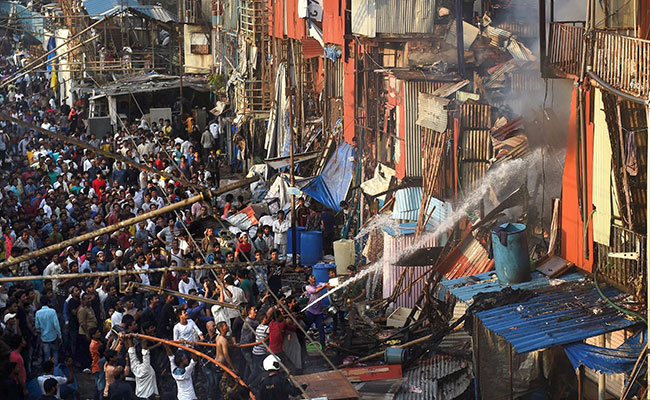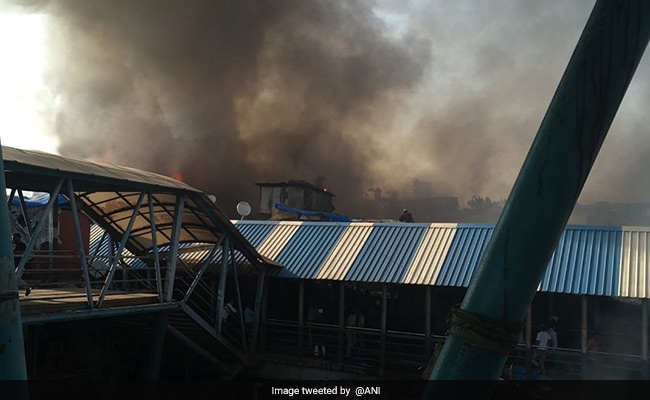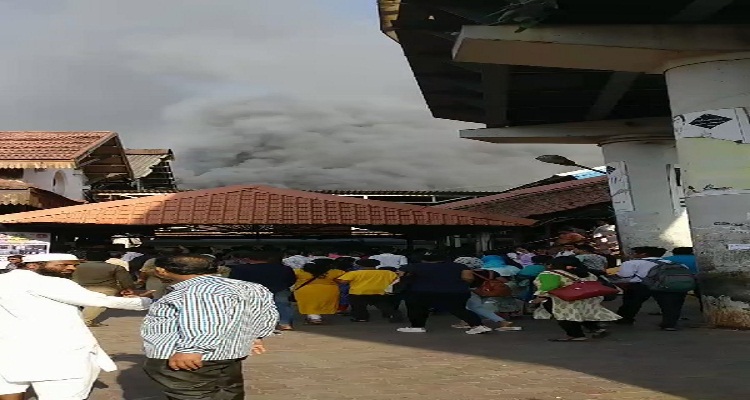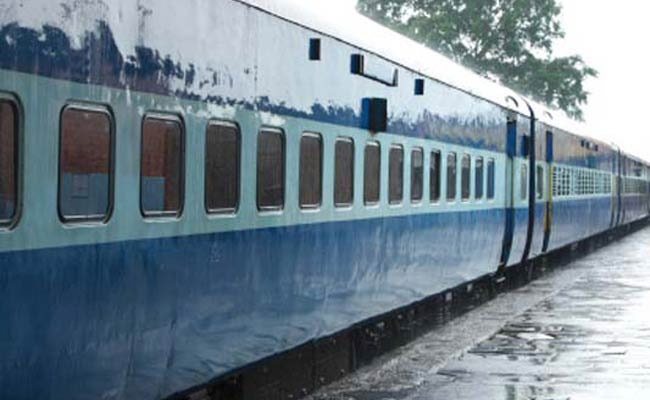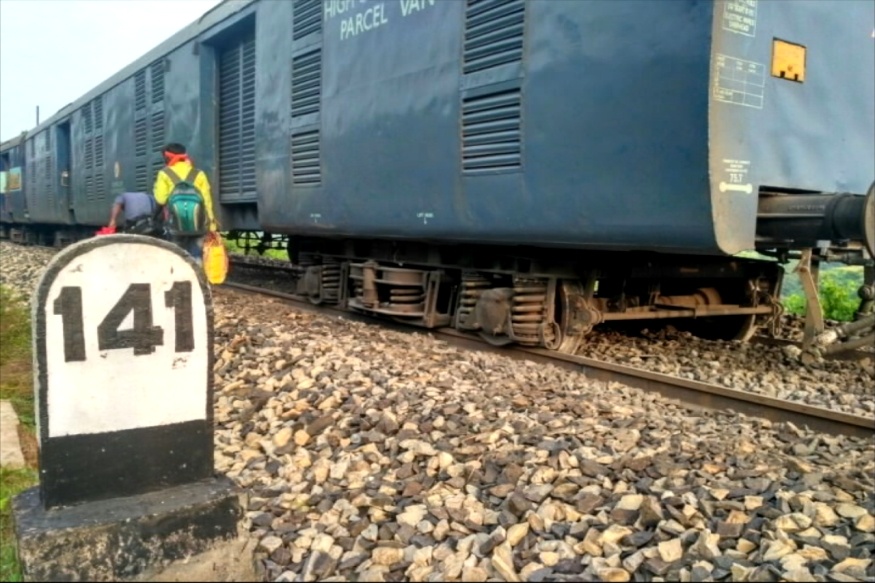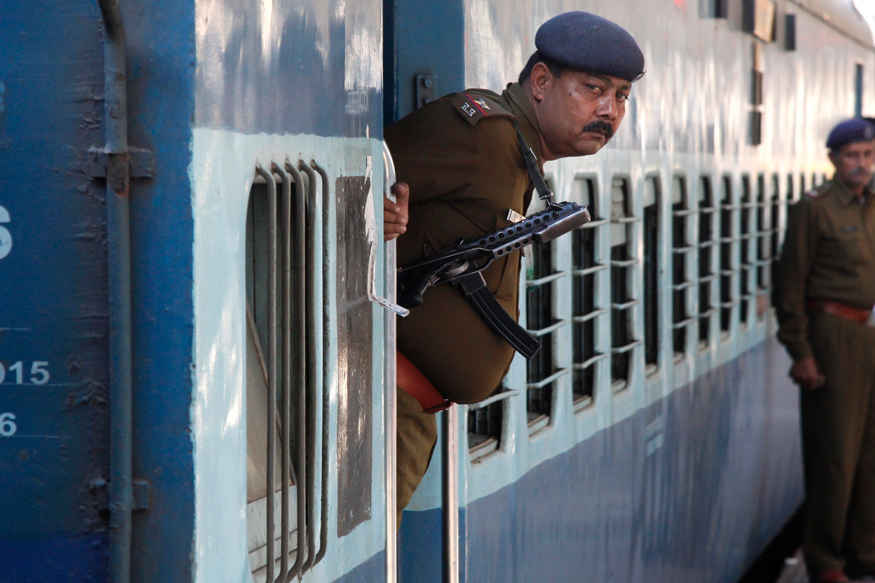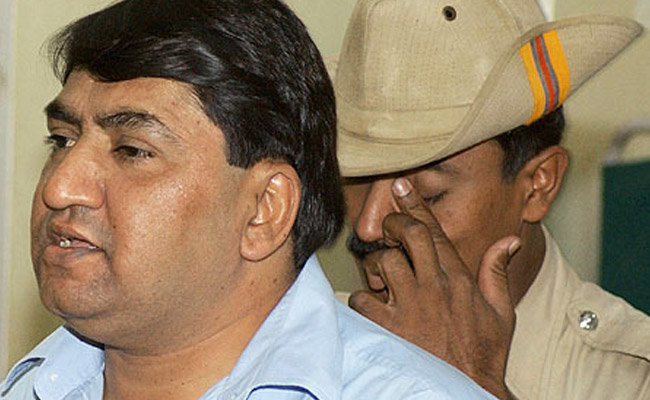
Son of a railway employee who started off as a vegetable and fruit vendor in trains, Abdul Kareem Telgi took to the murky underworld and attained notoriety as the kingpin of a multi-crore counterfeit stamp papers scam.
For over a decade, Telgi, who died on Thursday following various medical problems including meningitis while serving his sentence, ran an empire as the mastermind of the counterfeit stamp papers until 2003 when the scam spread across several states broke out and shook the nation.
As the sensational scam unfolded, security and intelligence agencies had then pegged its size at a mind boggling figure of up to Rs. 20,000 crore.
Various estimates are made about the magnitude of the scam, which rocked financial markets.
Hailing from Khanapur in Belagavi district of Karnataka, 56-year old Telgi began his life as a vegetable and fruit vendor in trains.
After his education in the local Sarvodaya Vidyalaya, an English-medium school, he had obtained a B.Com degree from a college in Belagavi.
Later, he moved to Saudi Arabia and returned seven years later to Mumbai where he allegedly developed links with the underworld.
He was arrested in 1991 by Mumbai police on charges of cheating but reportedly used his stay in the prison to learn the tricks of the trade from an expert forger.
Telgi allegedly bribed his way out of jail.
Acquiring a stamp paper licence in 1994, Telgi opened an office at Mint Road in Mumbai.
He was said to have befriended several officials in the revenue ministry, stamp office and Nashik Security Press where stamp papers are printed.
Telgi was also accused of having used his political clout to get the machinery at the Nashik press declared as ‘junk’ only to buy it and set it up at his office in Mumbai.
Abdul Kareem Telgi: From Vegetable Vendor To Stamp Paper Scam Mastermind
For over a decade, Abdul Kareem Telgi, who died on Thursday following illness while serving his sentence, ran an empire as the mastermind of the counterfeit stamp papers until 2003 when the scam spread across several states broke out and shook the nation.
Abdul Kareem Telgi: From Vegetable Vendor To Stamp Paper Scam Mastermind
Abdul Kareem Telgi died at the age of 56, having served time in prison for 11 years
Bengaluru: Son of a railway employee who started off as a vegetable and fruit vendor in trains, Abdul Kareem Telgi took to the murky underworld and attained notoriety as the kingpin of a multi-crore counterfeit stamp papers scam.
For over a decade, Telgi, who died on Thursday following various medical problems including meningitis while serving his sentence, ran an empire as the mastermind of the counterfeit stamp papers until 2003 when the scam spread across several states broke out and shook the nation.
As the sensational scam unfolded, security and intelligence agencies had then pegged its size at a mind boggling figure of up to Rs. 20,000 crore.
Various estimates are made about the magnitude of the scam, which rocked financial markets.
Hailing from Khanapur in Belagavi district of Karnataka, 56-year old Telgi began his life as a vegetable and fruit vendor in trains.
After his education in the local Sarvodaya Vidyalaya, an English-medium school, he had obtained a B.Com degree from a college in Belagavi.
Later, he moved to Saudi Arabia and returned seven years later to Mumbai where he allegedly developed links with the underworld.
He was arrested in 1991 by Mumbai police on charges of cheating but reportedly used his stay in the prison to learn the tricks of the trade from an expert forger.
Telgi allegedly bribed his way out of jail.
Acquiring a stamp paper licence in 1994, Telgi opened an office at Mint Road in Mumbai.
He was said to have befriended several officials in the revenue ministry, stamp office and Nashik Security Press where stamp papers are printed.
Telgi was also accused of having used his political clout to get the machinery at the Nashik press declared as ‘junk’ only to buy it and set it up at his office in Mumbai.
He also allegedly obtained the original dye for printing in connivance with Nashik press security officials and began printing fake stamp papers.
The investigation agencies discovered that he ran the business like a mega industry by recruiting about 350 agents, who sold the duplicate stamp papers of various denominations in bulk to banks, insurance companies, stock brokerage firms and corporates.
He ran his business allegedly in collusion with top police officers and people in power, according to investigations.
Telgi ran out of luck in 2003 when his multi-billion scam came to the fore.
He had allegedly named many influential people during the narco-analysis test conducted on him.
In January 2006, Telgi and several associates were sentenced to 30 years of rigorous imprisonment by a court.
A report submitted by former Deputy Inspector General D Roopa had recently alleged that Telgi was among several prisoners who received special treatment in jail.
The facilities included special massages given by three or four convicts allotted to him.
In his first conviction in 2006, Telgi was sentenced to 10 years rigorous imprisonment and the remaining 20 years he was sentenced in four different cases.


